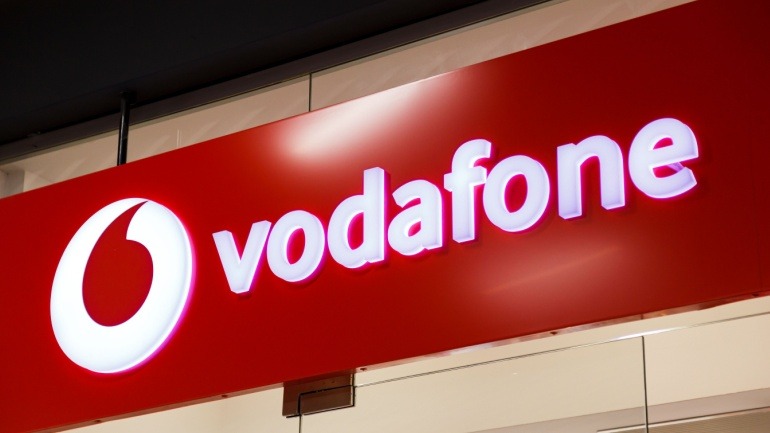The European Commission has approved Swisscom’s acquisition of Vodafone Italia, pushing forward an important €8 billion telecom deal. This merger is set to form Italy’s second-largest fixed-line broadband provider, enhancing competitiveness and efficiency. Vodafone plans to maintain service provisions to Swisscom, aligning with its broader European strategy.
Vodafone Idea has struck a $3.6 billion deal with Nokia, Ericsson, and Samsung to boost its 4G and 5G network capabilities over three years. This strategic move aims to expand 4G coverage and introduce 5G in select markets, enhancing their service offerings and network efficiency while meeting rising market demands.
India’s Supreme Court has upheld the $11 billion dues from telecom giants Bharti Airtel and Vodafone Idea, rejecting appeals to recalculate these AGR fees. Despite financial struggles and competitive market pressures, the court has ruled out any miscalculation claims.
Vodafone has faced a major setback as the Advertising Standards Authority (ASA) ordered the discontinuation of three ads deemed misleading. These ads claimed Vodafone offers identical broadband to BT at a lower price, which BT disputed. The ASA upheld BT’s complaint, emphasizing that network performance varies due to different hardware and technology.
Vodafone has expanded its strategic partnership with Microsoft, integrating Microsoft 365 Copilot AI across 68,000 employees to boost productivity and digital efficiency. Incorporating generative AI into various business areas will streamline tasks, allowing employees to focus on more creative endeavors.
The UK’s Competition and Markets Authority (CMA) has raised concerns about the Vodafone and Three merger, fearing it could harm competition and lead to higher prices for mobile customers. The CMA highlights the potential for reduced services and data offerings. Despite promises of better network quality and enhanced 5G, the CMA remains skeptical.
Ericsson and global operators like Vodafone and AT&T have launched a joint venture to commercialize network APIs globally. This initiative aims to standardize API offerings, fostering innovation and monetization in the 5G era. By collaborating with major players such as Vonage and Google Cloud, the venture promises to revolutionize the voice over IP (VoIP) landscape.
HORISEN and Vodafone Germany launch an innovative public transportation ticketing system, integrating Rich Communication Services (RCS) and Direct Carrier Billing (DCB). This collaboration simplifies fare purchases via mobile phones, enhancing user convenience. As part of Vodafone’s UPLIFT initiative, this project underscores a commitment to sustainable, digital transformation in public services, reflecting VoIP advancements.
Vodafone has launched Europe’s first 5G mobile private network at the Temelín Nuclear Power Plant in Czechia, replacing traditional walkie-talkies. In partnership with ČEZ Group, this pilot project enhances safety and operational efficiency through advanced communication tools like augmented reality glasses, ensuring secure, independent data management within the plant’s systems.
German carriers Vodafone and 1&1 have launched a national roaming partnership, enhancing mobile communications across Germany. New 1&1 customers can seamlessly access Vodafone’s network in areas not yet covered by 1&1. Existing 1&1 customers will also benefit, accessing both 1&1’s 5G network and Vodafone’s national roaming.













